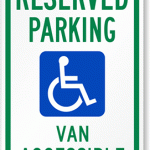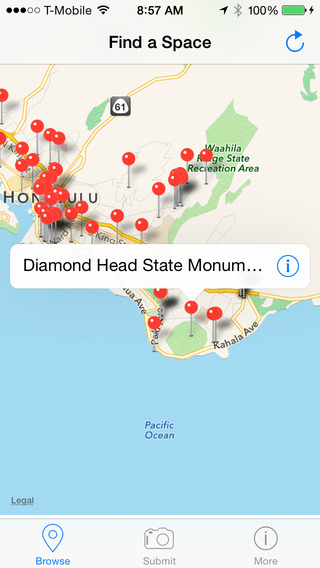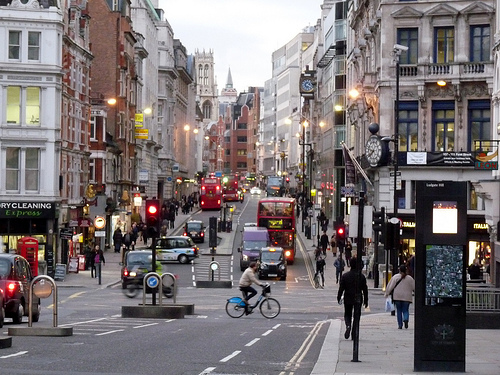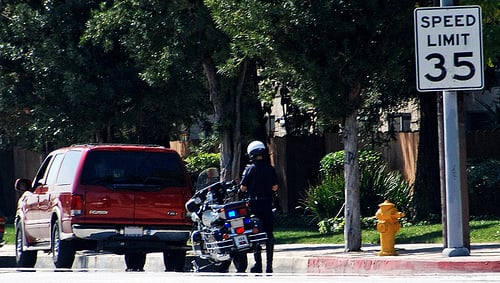Long gone are the days when parking was a free-for-all. Parking has become a highly regulated industry for many reasons: it creates major revenue for municipalities; there’s a need for equal access for the disabled, accommodations are made for cultural events like concerts or Sunday church; and parking security must be formalized to monitor unauthorized personnel in sensitive places like schools and hospitals.
But our posts about parking regulations do more than just bring you the latest. We aim to give you context, simple breakdowns complicated jargon, and answer your questions. Are you wondering about whether you need to pay for parking if you have a disabled placard? How many accessible spaces businesses must provide for disabled employees or customers? The difference between loading, standing, and stopping? Read, comment, ask.






















